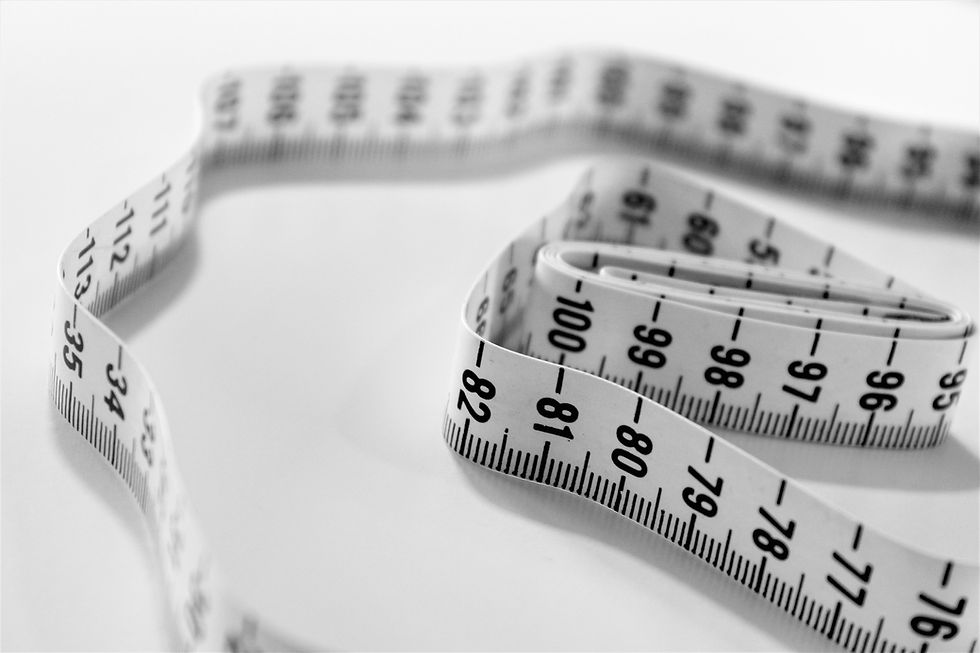Client listening: Recording interviews
- Client Talk

- Oct 2, 2020
- 4 min read
Updated: Jul 27, 2023
Do you record your interviews? This question is one that is often asked. At first glance it is a question that should be relatively straightforward to answer. However, it is a question that requires thought and the answer is often not as straightforward as one might expect.
The benefits of recording
The first major benefit of recording interviews or conversations is that it reduces the need for note taking. Having recently been on the receiving end of a market research exercise where the interviewer kept tapping away at her computer rather than making eye-contact, I was almost begging for her to hit record. Why? Recording can help the interviewer build rapport by making more eye-contact and being more relaxed throughout.
Notwithstanding, we must not forget that it often isn’t a stark choice between record or take notes. Sometimes technology fails and we want a backup. Often the interviewer will want to take notes to make sure that they dig deeper into certain topics or revisit some of what has been said in a summary back to the interviewee. Therefore, this will only be a benefit where the interviewer knows how to leverage the flexibility that recording affords them.
Another benefit of recording is that is enables other people to have the unadulterated transcript of the conversation. This seems at first glance like a big plus. Indeed, it even enables us to go further and use technology to scan the transcript and provide sentiment analysis and draw out themes. Of course, unless we have recorded a video of the conversation this transcript will lack tone and the non-verbal cues and messages that add so much context to what was said. However, there are times where transcripts are requested and again, it comes back to the experience of the interviewer in adding the layers to the transcript that are missing from the words alone.
Finally, there is an incidental benefit. One that has nothing to do with the interview at hand at all. It can allow for training of the interviewer. This might be particularly beneficial where professionals are going out and conducting their own client feedback interviews. Dissecting the questions used and inviting the professional to evaluate their performance can be very powerful.
Does it affect data collection and data quality?
Given all the benefits, it might seem like a bit of a no-brainer to record. However, the biggest concern about recording is that there is a sense that it might get in the way of open or frank discussions. Now, this is not a scientific research paper, nor does it profess to present all of the differing research in this area, however a quick review of what has been written in this field does seem to suggest that taking notes can result in the interviewee being more cautious about what they disclose.
Interestingly, we found a study that showed that there was little difference in terms of the quality of data gathered through transcriptions or note taking, where the interviews were carried out by experienced interviewers. As such, it was suggested that not recording might sometimes be the best approach, and not just second best.
The expert view seems to be that the topic of the interview might be a good place to start when deciding whether or not to record. Now, where we are talking about gathering client feedback, it seems unlikely that the topic at hand is one that automatically closes off recording as an option. However, where clients are speaking about a highly confidential deal or transaction, we can see how having their views on tape might get in the way of full transparency.
What’s the answer then?
In our view, the answer should be given by the client. Getting feedback is a gift. Someone is not only giving their time, but they are also giving valuable insights that will help you strengthen your relationship with them and potentially reshape your strategy as a result.
In our view, the most important thing in an interview is the ability to develop rapport with a client. You can use the fact that you are recording to develop that rapport. We often start by asking the client if they are happy to be recorded, because we want to fully listen to them.
If they say no, there are other ways that rapport can be built. Active listening goes a long way towards doing just that. Turning off the record button might be another.
They said yes, does that mean they will be more cautious about what they disclose?
This goes back to why the conversation is being recorded in the first place. It is not a substitute for listening. It is a substitute for detailed note taking. It is important that the client understands this. Just as with note taking, you should make it clear that you will only share what they feel comfortable sharing.
Fundamentally, hitting the record button (or not) is less important than asking the right questions, building rapport, and listening well.
To find out how Client Talk can help you to develop or implement your client feedback programmes, get in touch

.



Comments